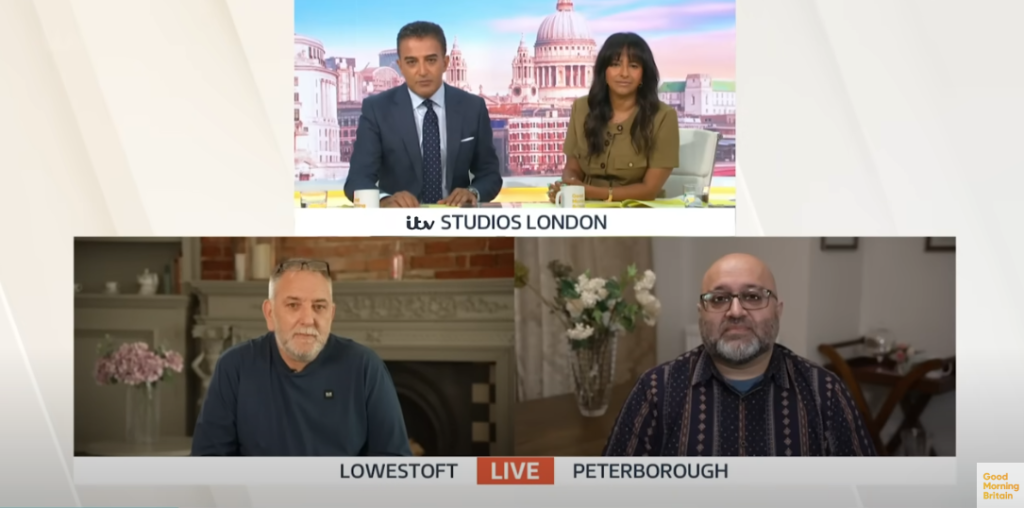Understanding past strategies and the underlying concerns that fuel extremism is crucial for developing an effective approach. The Home Office’s new initiative, led by Home Secretary Yvette Cooper, aims to tackle the rise of extremist ideologies.
Historically, some counter-extremism strategies have faced criticism for being too broad or failing to engage with the communities they aimed to protect. For example, the Prevent strategy has been criticized for not effectively engaging with Muslim communities, leading to a lack of trust and cooperation. Additionally, the one-size-fits-all approaches often fail to address the specific cultural and social contexts that contribute to extremism.
To move forward, I believe it’s essential to:
Engage with Communities: Building trust and cooperation with all communities is vital. This means listening to everybody’s concerns and possibly involving them in the development of strategies.
Address Root Causes: Understanding the socio-economic and political factors that drive individuals towards extremism can help in creating possible earlier interventions before people get in too deep.
Promote Inclusive Narratives: Countering extremist ideologies with positive, inclusive narratives that resonate with at-risk individuals can be more effective than simply labelling and condemning.
Monitor and Adapt: Continuously monitoring the effectiveness of strategies and being willing to adapt based on what is and isn’t working is crucial for long-term success.
Education plays a big part.
Education plays a crucial role in countering extremism by fostering critical thinking, promoting tolerance, and providing individuals with the tools to understand and challenge extremist ideologies. Here are some key ways education can contribute:
Critical Thinking Skills: Teaching students to analyse information critically helps them to question and evaluate extremist narratives rather than accepting them at face value.
Cultural Awareness and Respect: Education that includes diverse perspectives and histories can promote understanding and respect for different cultures and beliefs, reducing the appeal of extremist ideologies that thrive on division and hatred.
Digital Literacy: In today’s digital age, it’s essential to educate individuals on how to navigate online spaces safely, recognize misinformation, and understand the tactics used by extremist groups to recruit and radicalize.
Conflict Resolution and Emotional Intelligence: Programs that teach conflict resolution, empathy, and emotional intelligence can help individuals manage grievances and frustrations in constructive ways, rather than turning to extremist solutions.
Civic Education: Understanding democratic values, human rights, and the importance of civic engagement can empower individuals to participate positively in society and resist extremist ideologies that seek to undermine these principles.
Safe Spaces for Dialogue: Schools and educational institutions can provide safe environments for discussing controversial topics, allowing students to express their views and concerns openly and learn from one another. By integrating these elements into educational curricula, we can help build resilience against extremism and create a more informed, tolerant, and cohesive society.
@newdaystarts
Home Secretary Yvette Cooper to crack down on people ‘pushing hateful beliefs’ | UK News | Sky News
https://news.sky.com/story/home-secretary-yvette-cooper-to-crack-down-on-people-pushing-hateful-beliefs-13198972









